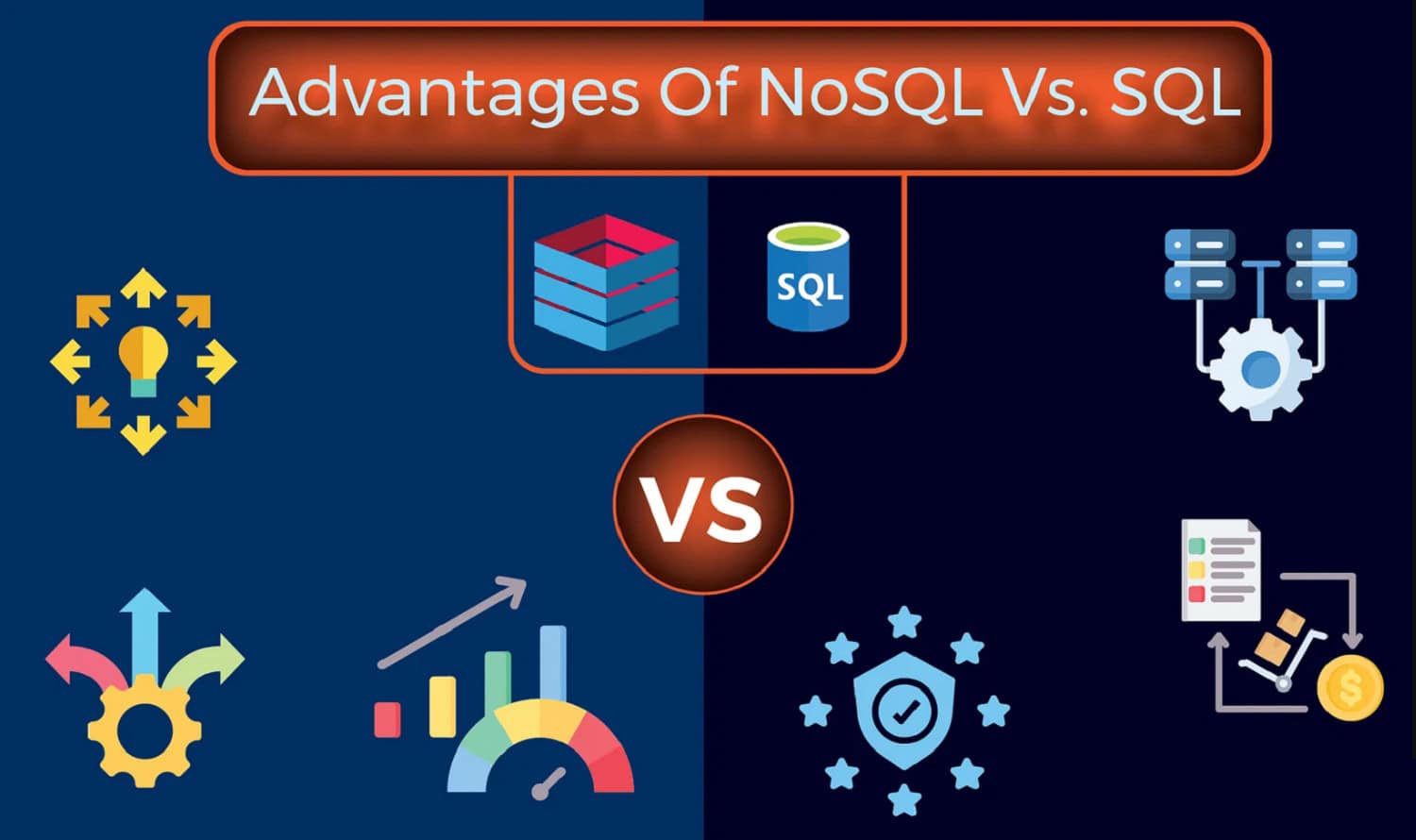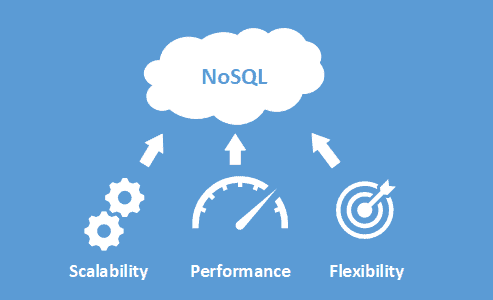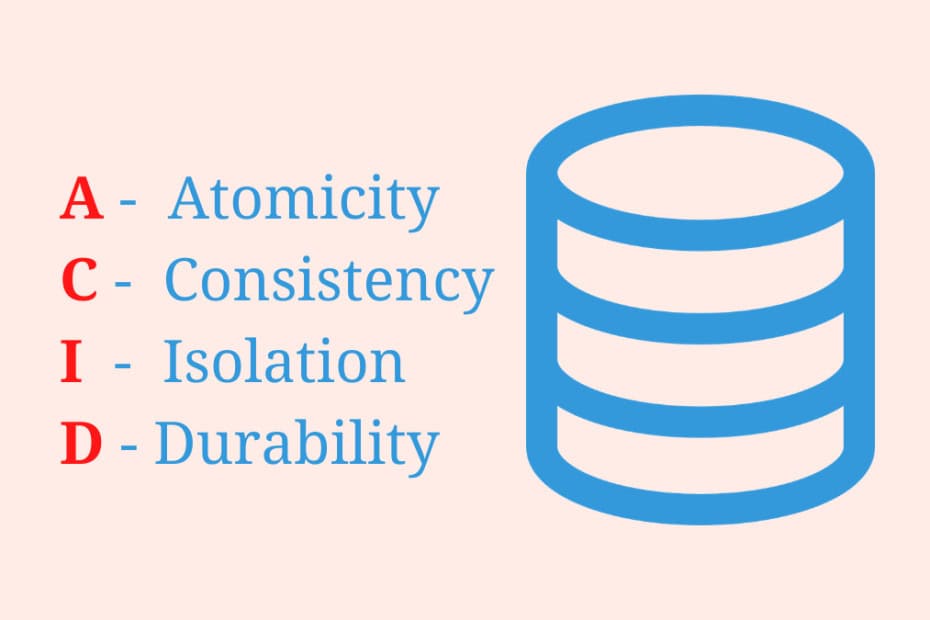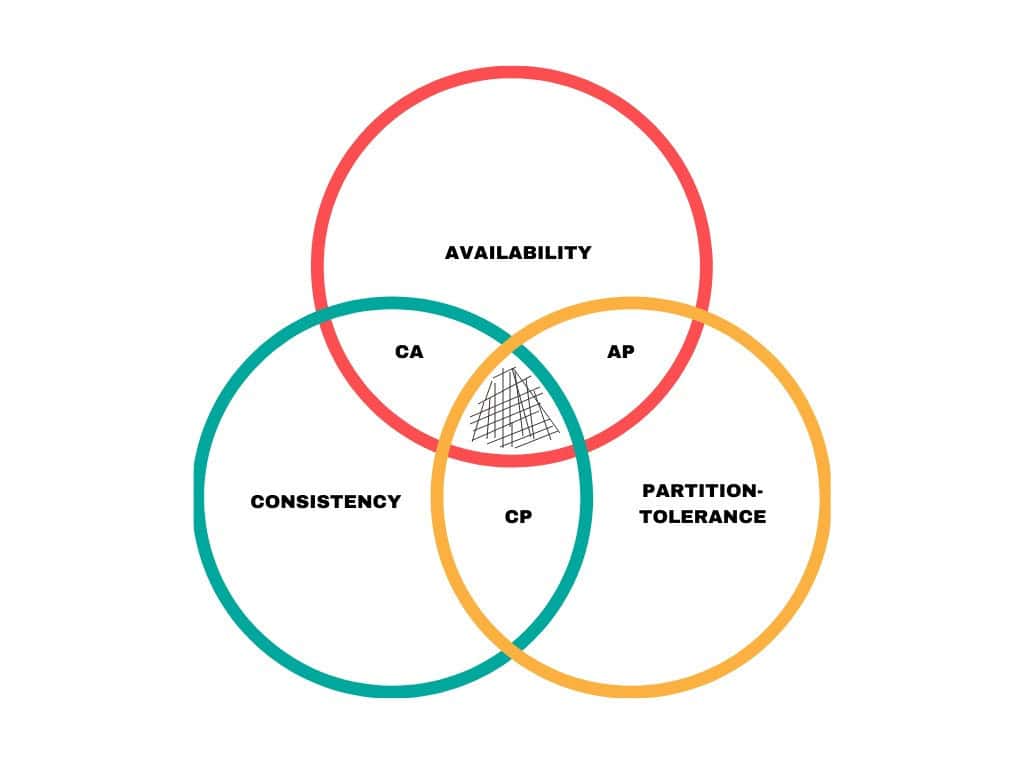Data has grown exponentially over the years, and so has our relationship with it. Because of this, online databases have become default parts of ecosystems regardless of what industry they may be in. According to IMARC Group’s report on the global database market, NoSQL database adoption has permeated more end users. That being said, the market is expected to reach $27.4 billion by 2027. As more people adopt NoSQL as the primary database structure, it’s worth noting. What differentiates it from SQL, and what are the Advantages and Disadvantages of NoSQL?
Due to their adaptable data formats and scalability, NoSQL databases have recently experienced tremendous growth in popularity. NoSQL databases have become a potent tool in data management, handling vast amounts of unstructured and semi-structured data.
This detailed overview of NoSQL databases covers the concept’s development, essential characteristics, benefits, and potential downsides. Let’s begin with a brief introduction to NoSQL databases, along with the Advantages and Disadvantages of NoSQL.
Contents
How is NoSQL Different from SQL?
Despite being database management systems, there are distinct differences between a structured query language (SQL) system and non-SQL or NoSQL. According to MongoDB’s guide to NoSQL vs. SQL, the former was developed in the late 000s to respond to the need for more scalability and faster queries. Being much younger than SQL, this type of system goes in the opposite direction to turn from rigid schemas and focus on flexibility. 
This gives NoSQL more value as it can be applied to more specific purposes while having critical differences in its data storage model, supported transactions, scaling method, object mapping, and schemas.
NoSQL is commonly used in inventory management, content management systems, and app development. Its ability to work with different data types makes it apt for email data integration. IMAP, POP, and Exchange are the most common email types when using internet-connected devices.
Advantages of NoSQL
Flexibility
Structured data do not limit NoSQL. It allows developers or administrators more freedom as it can handle different data models and has schema flexibility. This is essential when dealing with various entities and attributes that may shift over time. Experts from LinkedIn have noted that the most maintainable and flexible database schema makes long-term management more adaptable. It also helps avoid redundancy and duplication as you normalize data over critical values.
It also helps avoid redundancy and duplication as you normalize data over critical values.
Scalability
Organizations turn to database management systems for a long-term solution to data management. Hence, NoSQL stands out for its horizontal scaling. This means that infrastructure is maximized and cost is minimized. Data can be stored, queried, and changed as needed to fit the needs of a company as it expands. When you look at the Limitations of the Internet, you see that various data is produced from engaging with different platforms. With that, there is a need to keep up with demand without hitting the breaking point of existing infrastructure.
When you look at the Limitations of the Internet, you see that various data is produced from engaging with different platforms. With that, there is a need to keep up with demand without hitting the breaking point of existing infrastructure.
Developer-friendliness
Another significant advantage of NoSQL is its developer-friendly nature, regardless of skill level or preferred programming language. This structure uses a simpler data model that doesn’t suffer from the same constraints as relational ones.
On top of that, the flexible schema is more forgiving should developers need to implement sudden changes or fixes. Finally, developers can code in a manner that suits their workflow.
Disadvantages of NoSQL
Lack of ACID implementation
The biggest downside to NoSQL is its need for implementation for ACID transactions where A stands for Atomicity, C for Consistency, I for Isolation, and D for Durability. This is essential for data integrity, so it’s quite a stark void when NoSQL databases cannot handle such a transaction. It’s worth noting that specific databases like Mong DB still support multi-record ACID transactions. 
Studies from cybersecurity provider Secuna found that financial services and enterprise technology were at high risk for cyberattacks due to vulnerabilities. Hence, many banking platforms opt for SQL to ensure data reliability.
Consistency issues
Even though SQL is meant to be workable for different use cases, a lack of standardization introduces new complexities. You’ll usually see eventual consistency in NoSQL, but this can fall short for many users who need data reliability early on. 
Many workarounds allow developers to use consistency models, but it’s still evident that this type of structure focuses on accessibility more than consistency.
See Also: Top 13 Best DNS Servers for PS4 in 2024
SQL compatibility
Finally, a massive oversight of many NoSQL databases is their need for compatibility with the SQL standard. Although this may seem like a negligible feature considering how they are two different types of databases, the fact that many systems still use SQL means there is still a need for resources that can translate.
Querying, in particular, can become more complicated than necessary if transitioning from SQL or trying to run both databases concurrently.
FAQs
What are the various Advantages and Disadvantages of NoSQL?
NoSQL's scalability, simplicity, lack of code, and ease of maintenance are among its top benefits. NoSQL disadvantages include less developed and flexible queries. Less flexibility exists in questions. NoSQL wasn't made to scale on its own.
What three qualities does NoSQL possess?
NoSQL's distinguishing characteristics are simple architecture, smooth horizontal scaling, and fine-grained availability control. Because NoSQL uses different default data structures than relational databases, it also has the benefit of quick operations.
What are NoSQL and its varieties?
Depending on the data model, there are many types of NoSQL databases. Document, key-value, wide-column, and graph are the primary types. They offer flexible schemas and scale well under heavy user and data loads.
Where is the need of NoSQL Utilization?
Many contemporary applications, including mobile, online, and gaming, require flexible, scalable, high-performance, and highly functional databases to deliver excellent user experiences. NoSQL databases fits well for these applications.
Conclusion
NoSQL databases have transformed data management by offering dependable solutions for processing massive amounts of unstructured and semi-structured data. We looked at the definition of NoSQL and its historical background, salient characteristics, benefits, Advantages and Disadvantages of NoSQL, and limitations. Additionally, we contrasted NoSQL with SQL databases, looked at several NoSQL database types, the Advantages and Disadvantages of NoSQL, and discussed situations in which NoSQL is the best option.
Knowing these factors, you may choose the best database solution. NoSQL databases will be essential for maintaining and gleaning insights from a wide range of intricate datasets as data keeps expanding at an unprecedented rate.
One of the most popular NoSQL databases on the contemporary web is MongoDB. It is simple to comprehend. Many choices are available, and the document query language is almost as strong as SQL. It is simple to scale MongoDB, unlike relational databases. MongoDB is commonly used along with NodeJS, AngularJS, and ReactJS frameworks. The MEAN and MERN stack’s foundational component is it.

Meet Carrie-Ann Skinner, our Apps & Games Editor with over 2 decades of experience in online and print journalism, specializing in all things tech.
